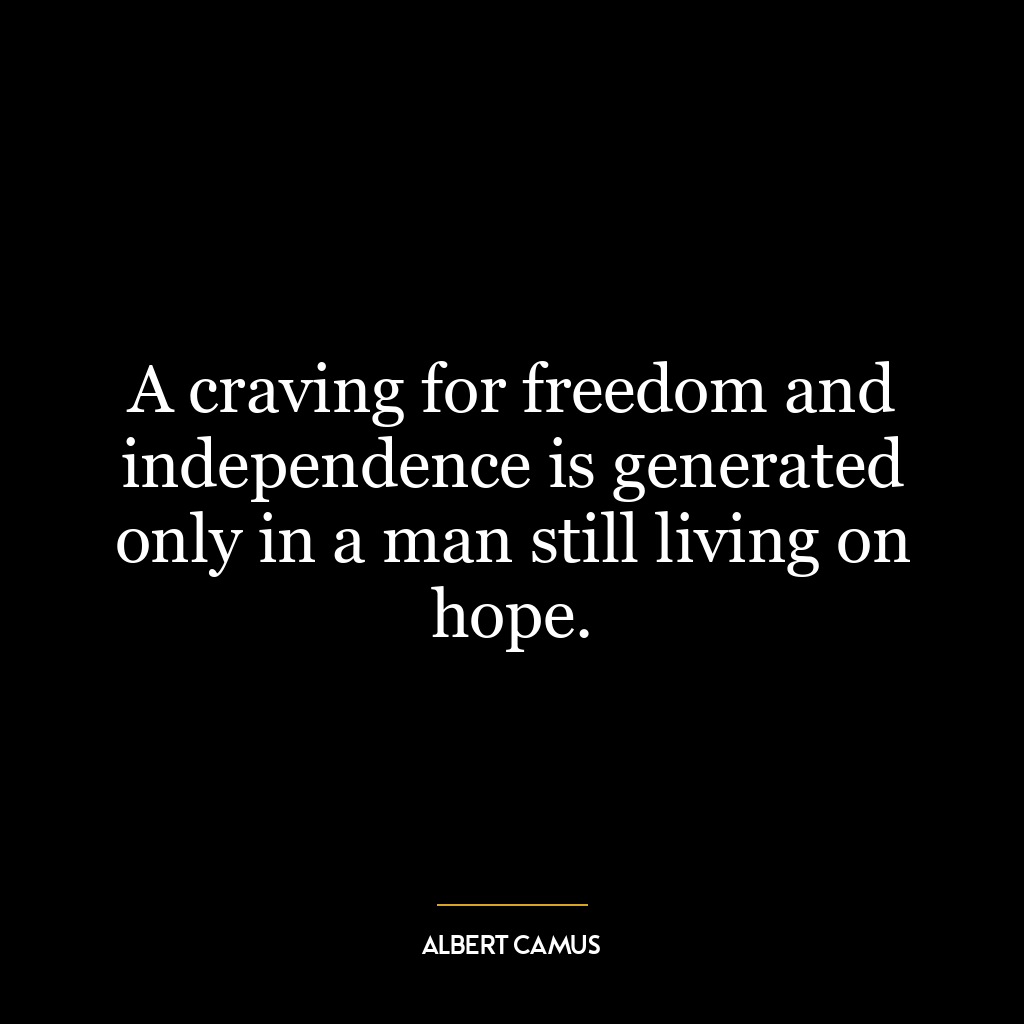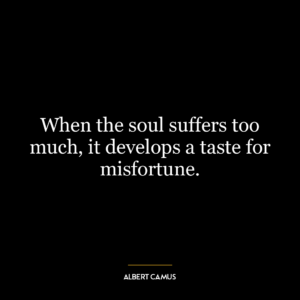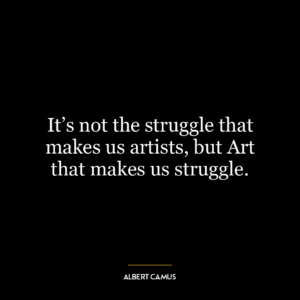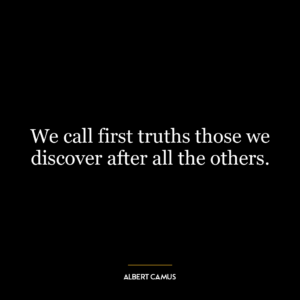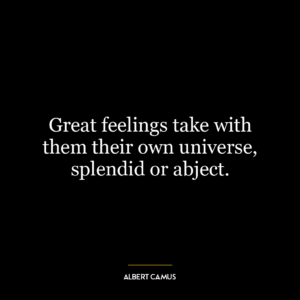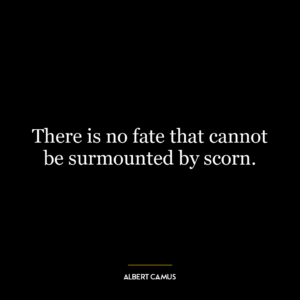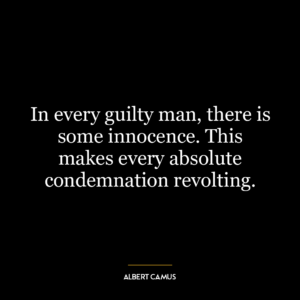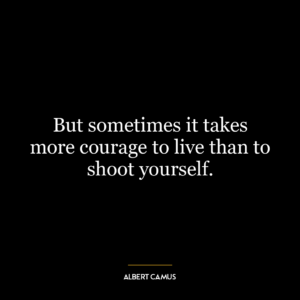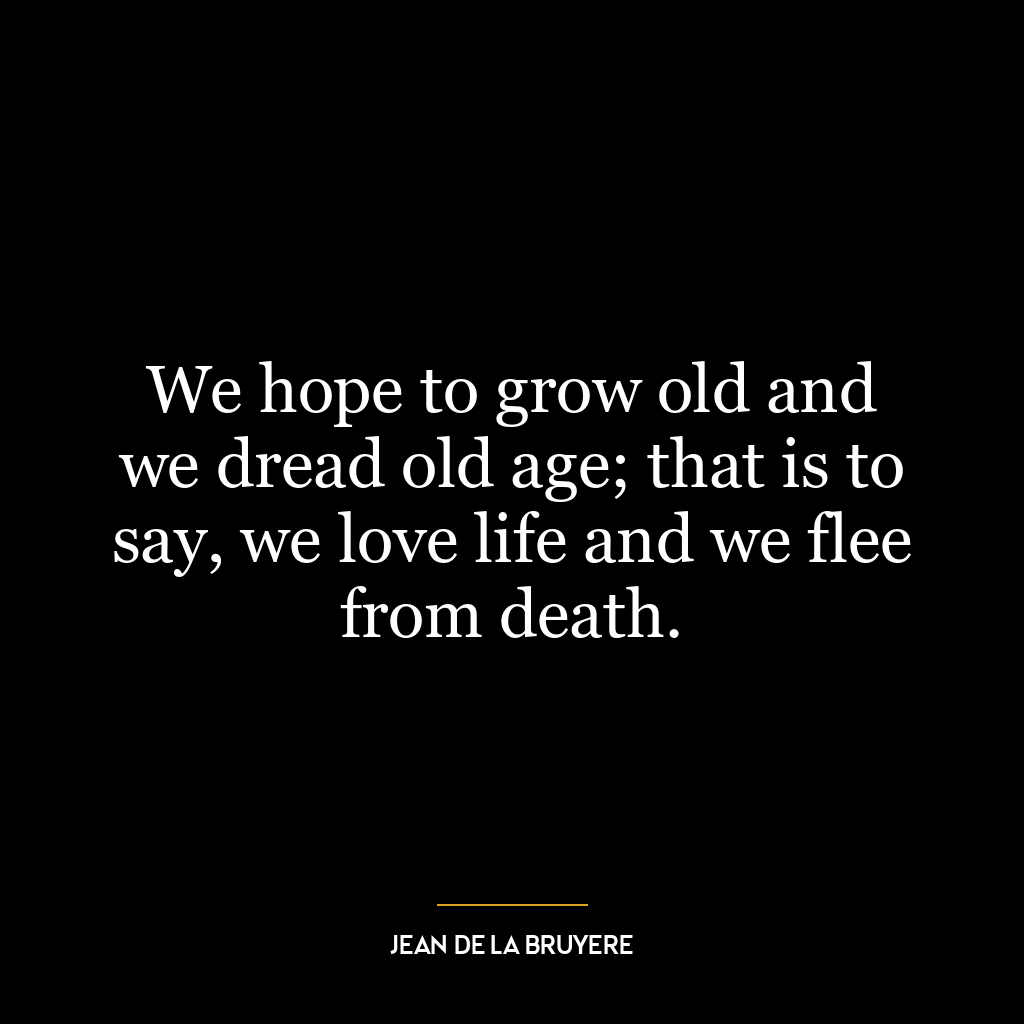A craving for freedom and independence is generated only in a man still living on hope.
This quote suggests that the desire for freedom and independence is born out of hope. In other words, only those who have not given up, who still believe in the possibility of a better future, will yearn for the autonomy to shape their own destiny. The implication here is that hope is a powerful motivator and catalyst for change. Without it, people may resign themselves to their circumstances, no matter how oppressive or limiting they might be.
In the context of personal development, this idea can be quite transformative. It suggests that fostering hope is a crucial first step towards self-improvement and growth. If you hope for a better future, you will naturally seek the freedom and independence to make that future a reality. This could mean breaking away from toxic relationships, pursuing new educational or career opportunities, or simply taking more control over one’s daily routines and habits.
In today’s world, this concept can be seen in many social and political movements. Those who hope for a more just and equitable society often fight for the freedom and independence to bring about that change. This can be seen in everything from the civil rights movement, to the fight for LGBTQ+ rights, to contemporary movements against systemic racism and inequality. In each case, it is hope for a better future that fuels the desire for freedom and independence.
However, the quote also implies a cautionary note. If the hope fades, so does the pursuit of freedom and independence. Therefore, it is crucial to keep the flame of hope alive in oneself and in society. Without it, resignation and complacency can settle in, stifling growth and progress.

